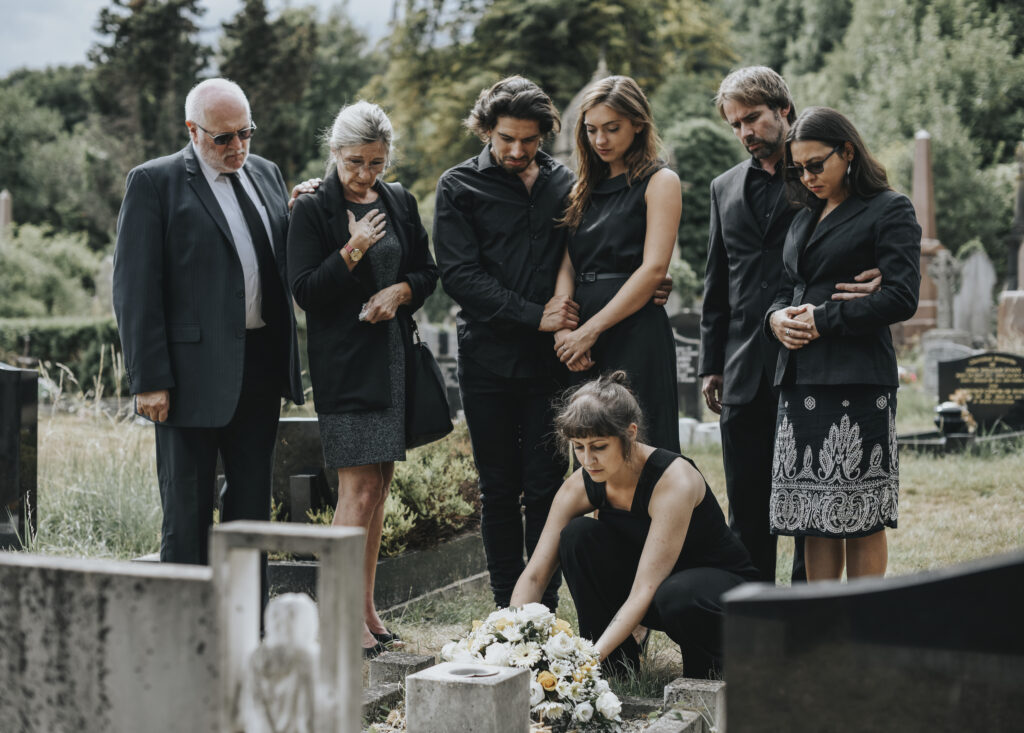The first two essential estate planning documents are the durable power of attorney for legal and financial matters, followed by a healthcare power of attorney. Next is the last will and testament. However,unlike the first two, the last will is not used until after death, explains the recent article titled “Completing a will ensures wishes are clear to all” from The News-Enterprise. You need a completed and properly prepared will according to Beck, Lenox & Stolzer Estate Planning and Elder Law, LLC.
A last will tells the court what you want to happen to your property and who you want to be in charge of distributing your property and settling your estate after you die. Don’t confuse your last will with a “living will,” a healthcare document used to convey your wishes for end-of-life decision making.
Jointly owned property or payable-on-death property with beneficiary designations generally pass to co-owners or beneficiaries outside of the last will. However, any property owned solely by the decedent with no beneficiary listed on the account must go through court in a probate proceeding.
The court validates the last will and determines the rightful owner(s) of property after any bills and expenses are paid. Wishes stated in the last will guide the court in making its determination. A last will contains a lot of legal language which can become confusing. However, an estate planning attorney can explain it all.
There are three key roles in a last will: the testator, executor and beneficiary.
The testator is the person signing the last will. The executor is the person (or persons) the testator appoints to be responsible for opening and administering the probate case after death. Beneficiaries are the people who receive something from the estate.
Assets are distributed in several different ways. The testator may have made specific bequests in the last will to leave property or money to a person or a charity. The rest of the estate, called the residuary estate, is distributed among beneficiaries, divided either by fractional shares or percentages. The residuary estate may be left outright or in a testamentary trust. An outright distribution is given directly to a beneficiary, whereas a testamentary trust is held on behalf of the beneficiary and distributed over time.
Beneficiaries can become confusing. Primary beneficiaries—the individuals the testator wanted to receive part of the estate—are the first line of distribution. If the primary beneficiary is unable or unwilling to receive their inheritance, a contingent beneficiary is usually listed in the last will.
The contingent beneficiary is often listed as “per stirpes” or “pro rata” to other individuals. Per stirpes means the children of the deceased beneficiary receive that person’s share. A pro rata distribution means the deceased beneficiary’s share is divided between other beneficiaries in the last will.
Lastly, the “remote contingent” beneficiary receives the inheritance only if all of the primary and contingent beneficiaries have died. They can be extended family members, close friends, or charities. If you do not have, at minimum, at last will and testament, get that taken care of right away. Probate can be very costly, it often causes delays in the distribution of the estate, and the estate becomes public knowledge. Go see a good estate planning attorney like the ones at Beck, Lenox & Stolzer to get a will created and to see if there is a better option for your estate than a simple will.
Reference: The News-Enterprise (Jan. 27, 2023) “Completing a will ensures wishes are clear to all”










